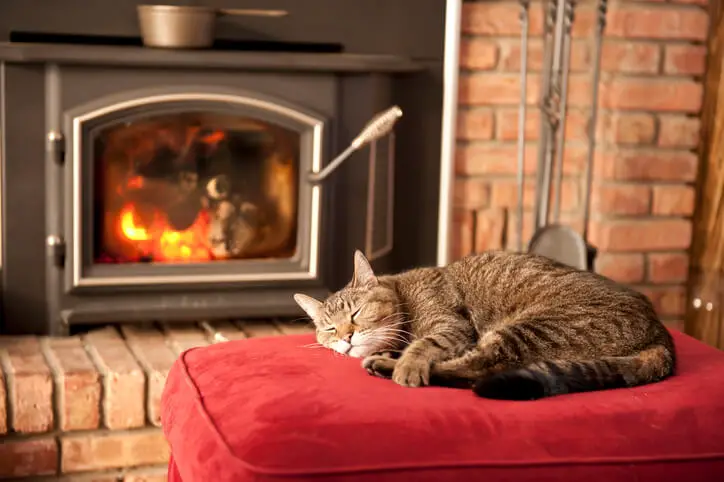It’s the middle of winter and you’re snuggled up in bed when suddenly you hear a loud noise coming from your furnace. You panic and realize that your heating system has gone out! What should you do?
In this post, we will discuss what to do during emergency heating situations. We’ll give you tips on how to keep your home warm until the heat is restored.
Eliminate All Heat Loss from Your Home
The first thing you should do is eliminate all heat loss from your home. This means that you need to close off any unused rooms and make sure that all of the windows and doors are tightly sealed. You can use weatherstripping or caulk to seal up any cracks around the windows and doors.
You may also want to consider installing some insulation in your attic, basement, or crawlspace. If you have an older home, it’s likely that there is little or no insulation installed. Installing insulation can help trap heat inside your home and reduce your energy costs.
Use Emergency Heat
If you’re unable to keep the heat in your home by sealing up the leaks, then you’ll need to turn on your emergency heating system. If you have a gas furnace, you can turn on the emergency switch. This will activate the furnace even if there is no power in your home.
If you have an electric furnace, you can use a space heater as a backup heat source. Make sure to place the space heater in an open area and keep it away from any curtains or furniture. Never leave a space heater unattended, and always make sure that it is turned off when you’re not using it.
Buy a Generator if Necessary
If you don’t have an emergency heating system, or if your system isn’t enough to keep your home warm, then you may need to buy a generator. A generator can provide backup power to your home in the event of a power outage.
Make sure to buy a generator that is large enough to meet your needs. You’ll also need to purchase some extra fuel for the generator, such as gasoline or diesel fuel.
Avoid Unsafe Alternative Heating Units
If you’re desperate for heat, you may be tempted to use an unsafe alternative heating unit. However, using certain devices as heat sources can lead to fires or other disasters when they are not used properly.
One of the most common examples is when people use their ovens as a heating source during power outages. This leads to a buildup of carbon monoxide in your home which can cause death when it reaches toxic levels. If you have no other option but to turn on your stove, make sure that it’s well-ventilated and only leave the door open when absolutely necessary.
Try Living in One Room
If you’re really struggling to keep your home warm, you may want to consider living in one room. This will help to reduce the amount of heat that is lost in your home.
You can use a space heater to keep yourself warm in the winter months. Just make sure to place it in an open area and keep it away from any curtains or furniture. Never leave a space heater unattended, and always make sure that it is turned off when you’re not using it.
Practice the “Camping Inside” Trick
If you have young children, you may want to try the “camping inside” trick. This is when you pretend that you’re camping inside your home.
You can do this by setting up a tent in one of the rooms in your house and sleeping in there.
You can also use a sleeping bag and some blankets to keep yourself warm. This is a fun way for kids to experience camping without having to leave the comfort of their homes.
Select the Right Clothing to Stay Warm
Another way to stay warm when the heat is out is to select the right clothing. Make sure to wear several layers of clothes so that you can keep your body heat in.
Woolen socks and a hat are also essential for keeping your head and feet warm. You may also want to consider wearing gloves or mittens when you’re outside.
Stay Hydrated
It’s also important to stay hydrated when the weather is cold. Drink plenty of fluids, especially water, so that you can keep your body warm from the inside out.
If you’re having trouble staying warm, talk to your doctor. There may be a medical condition causing your symptoms, and it’s important to get proper treatment.
Conserve Your Food Properly
In addition to conserving your heat, you’ll also want to conserve your food. Make sure to only eat the food that you need so that it will last longer.
You can do this by planning out your meals and only cooking what you need. You can also freeze food so that it will stay fresh for a longer period of time.
Need Emergency Heating and Cooling Services?
It’s not difficult to understand when to use emergency heat and keep warm in the bitter cold. To learn more about our emergency heating and cooling services, contact us today for more information.



